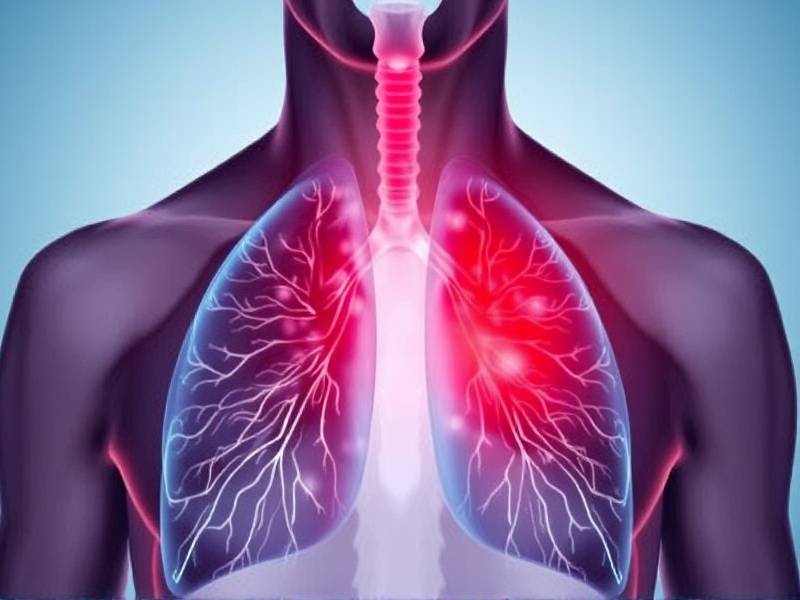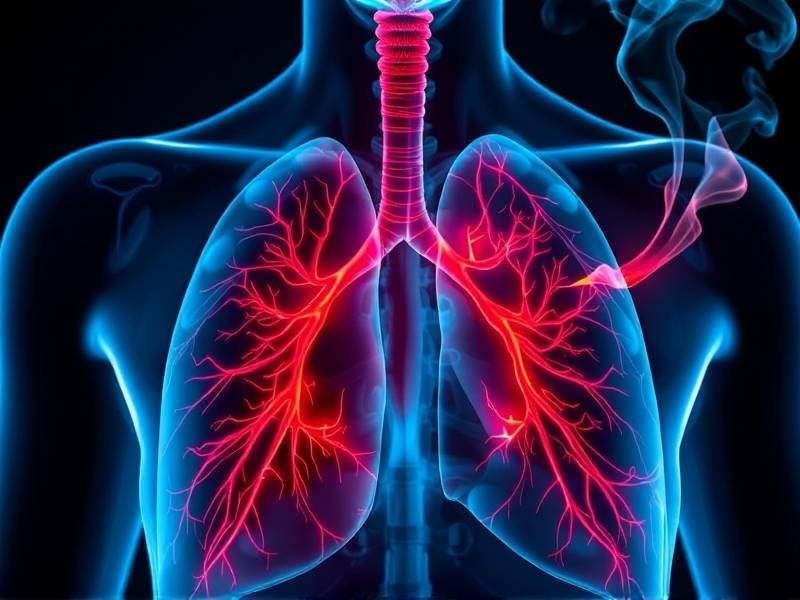Can Your Lungs Hurt After Quitting Smoking?
The Reality of Post-Quitting Smoking Lung Discomfort
Introduction: Understanding the Transition
Quitting smoking is a significant step towards improving one's health. However, it's not uncommon for individuals to experience various physical and emotional changes after they stop. One common concern is whether the lungs can hurt after quitting smoking. Let's delve into this topic to provide clarity and reassurance.
Can Your Lungs Hurt After Quitting Smoking?
The Immediate Aftermath
It's true that your lungs might feel uncomfortable or even painful in the initial days or weeks after quitting. This is often due to the body's adjustment to being smoke-free. Here are a few reasons why this might happen:

1. Cilia Restoration
Smoking damages the tiny hair-like structures called cilia in your lungs, which help to clear mucus and debris. When you quit, these cilia start to regenerate, which can lead to an increase in mucus production and sometimes cause a tickling sensation.

2. Bronchial Constriction
Nicotine causes bronchoconstriction, narrowing the airways. As you stop smoking, your bronchial tubes may swell as they attempt to return to their normal size, leading to discomfort.
3. Increased Coughing
The body responds to the absence of smoke by trying to clear out accumulated tar and mucus from the lungs, which can result in an increase in coughing.
Long-Term Effects
While short-term discomfort is common, it usually diminishes over time. Here's what you can expect in the long run:
1. Improved Lung Function
Within a few weeks of quitting, your lung function begins to improve as the cilia start working more effectively and inflammation decreases.
2. Reduced Risk of Infections
Your risk of respiratory infections like pneumonia and bronchitis decreases significantly after quitting smoking.
3. Potential for Recovery
In some cases, individuals may experience a reversal of some smoking-related lung damage over time.
Coping with Discomfort
If you're experiencing discomfort after quitting smoking:
- Stay hydrated; drinking plenty of water can help thin mucus.
- Consider using saline nasal sprays if congestion is an issue.
- Engage in deep breathing exercises or yoga to help open up your airways.
- Consult with a healthcare professional for personalized advice if discomfort persists.
Conclusion: A Journey Worth Every Step
While it's true that your lungs might hurt after quitting smoking, this discomfort is generally temporary and a sign that your body is healing itself from years of smoke exposure. Remember that every puff you don't take brings you one step closer to better health and well-being. Keep going; your lungs—and your body—will thank you!
